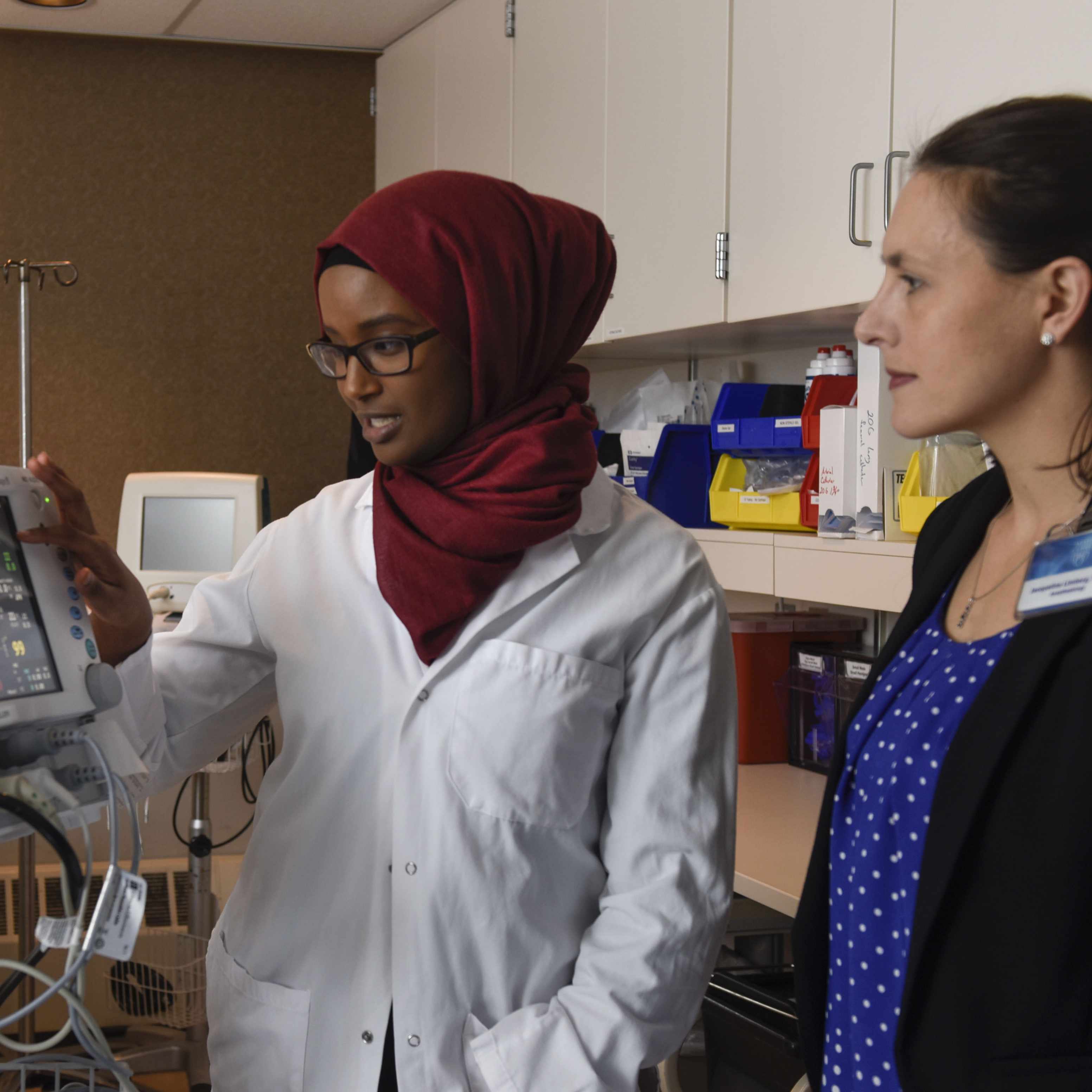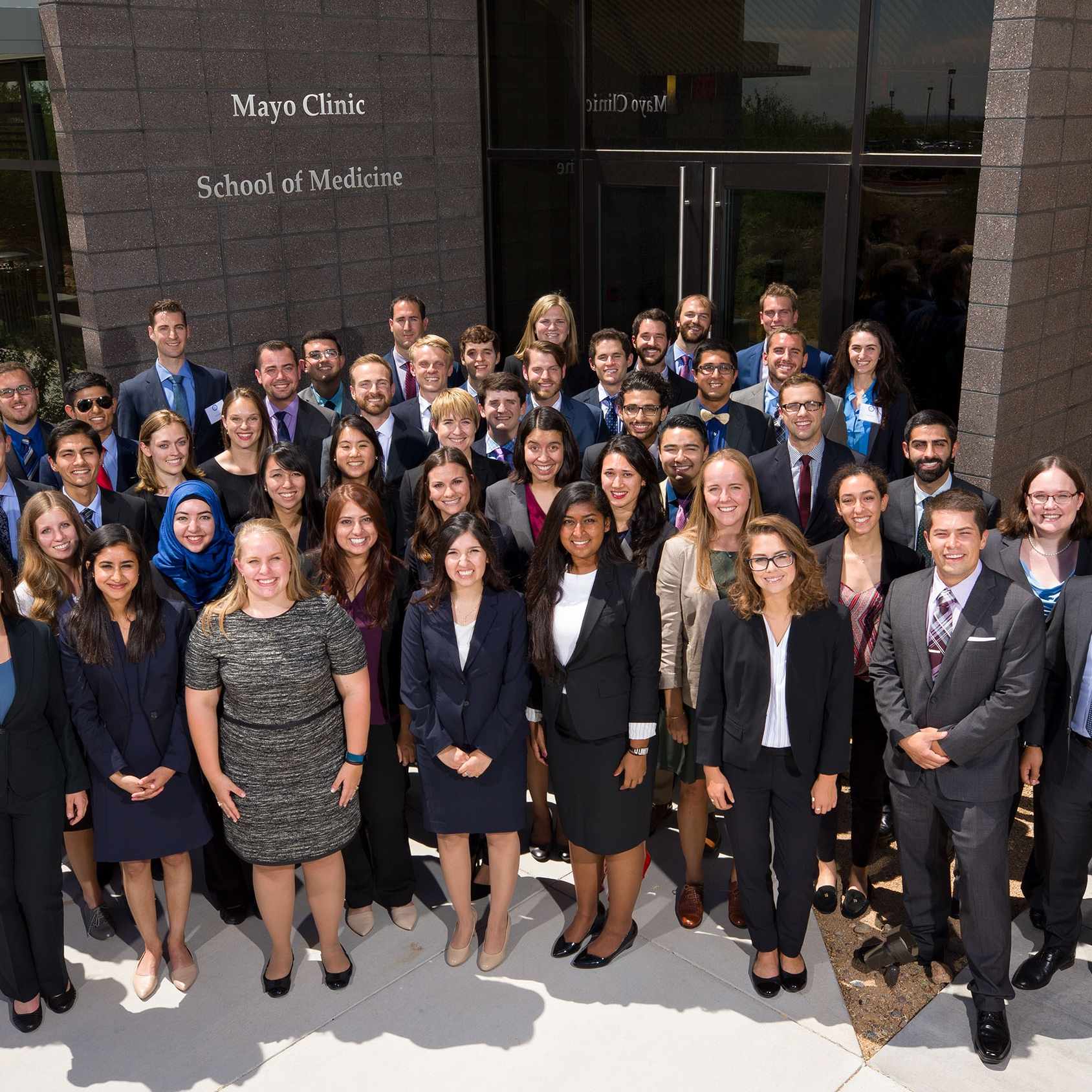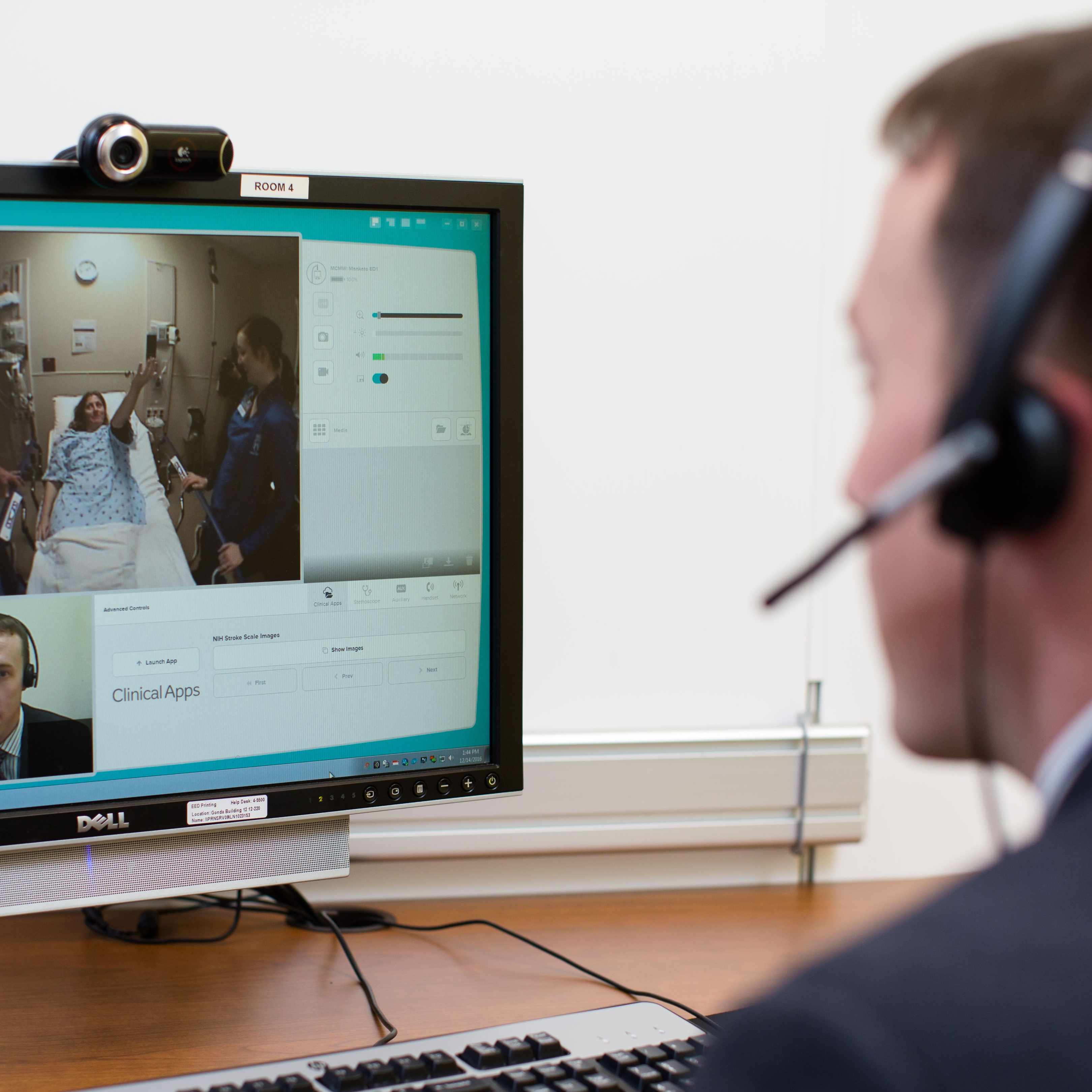Arizona

January 3, 2025
Winter is flu and cold season. Will taking in more vitamin C keep you healthier and prevent illness? Dr. Jesse Bracamonte, a Mayo Clinic family[...]

September 15, 2017

September 7, 2017

May 31, 2017

April 12, 2017
Explore more topics
 Sign up
Sign up

Mayo Clinic Connect
An online patient support community







